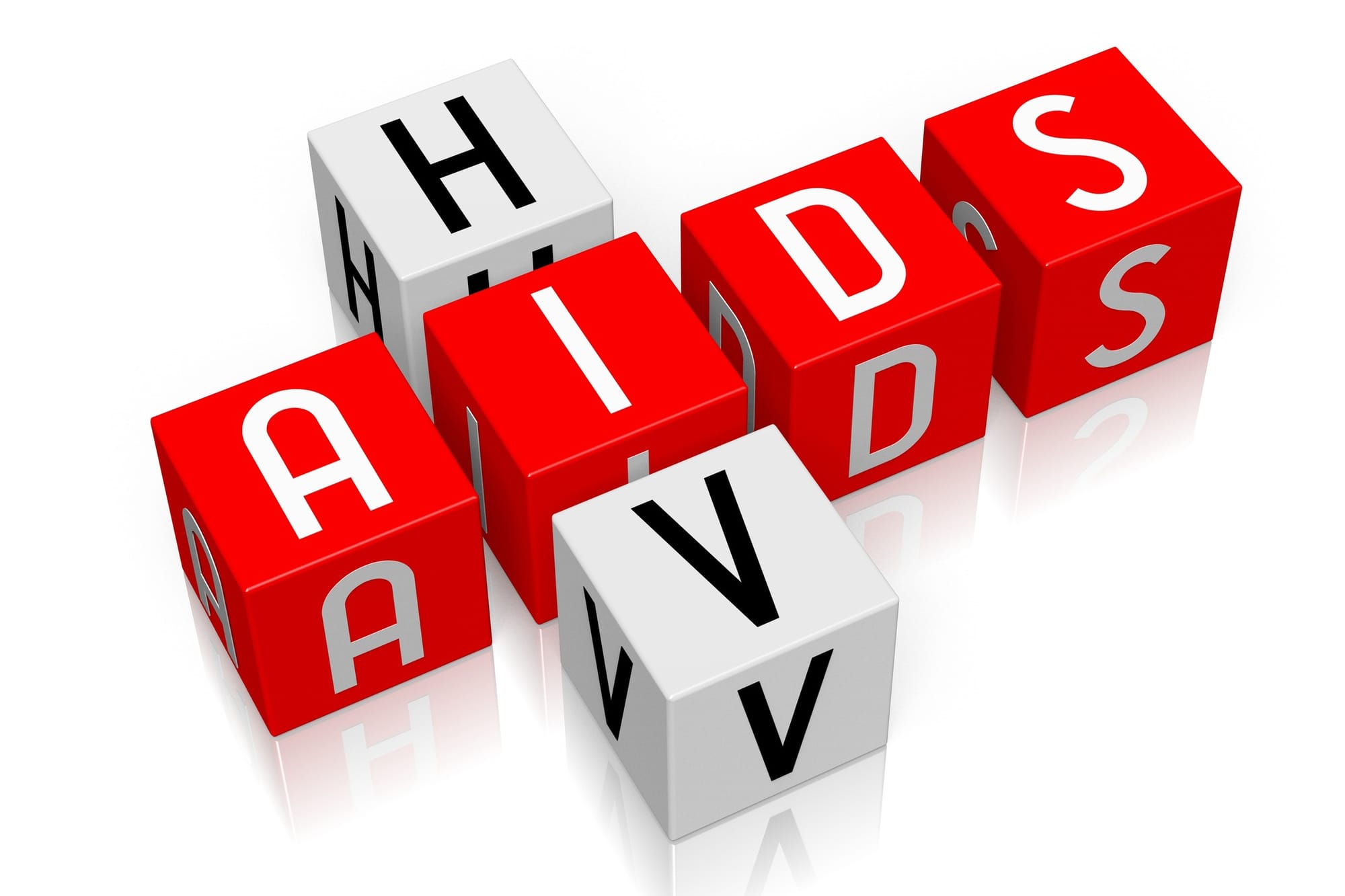
As a trained HIV physician, it’s been inspiring to witness the steady development of ever-more-effective treatments for HIV. The continual expansion of proven HIV prevention tools has resulted in lifesaving benefits for so many people.
But it’s also been heartbreaking to witness the obstruction of scientifically-proven methods from reaching their full potential.
When, in 1997, I started my service in my home country, Malaysia, my HIV practice was overwhelmed with people who inject drugs. I was struck by the contrast with my experience in Australia, where I received my medical education and training – and where I had seen plenty of patients living with HIV, yet almost none of them had acquired HIV through injecting drugs.
The reason became readily apparent. Australia was addressing drug use as a public health issue, and people who used drugs could access harm reduction services and protect themselves from HIV.
Malaysia, by contrast, was applying a punitive and highly stigmatising approach to drug use, and people who used drugs could not access harm reduction services or protect themselves from HIV.
Drug use was prevalent in Australia and Malaysia, but the very different human rights climates drove very different public health consequences.
This experience had a profound impact on my professional career, and on me personally.
The Hippocratic Oath taken by all physicians mandates that we focus on helping people who are sick, and that we do no harm by our actions or inactions. I came to understand that improving health outcomes for my clients needed more than just a biomedical approach. I also had to become a defender of their human rights.
The @globalcdp welcomes the report by @drtlaleng and looks forward to supporting and advancing its recommendations…. https://t.co/HCCkhNNR2V— The Global Commission on Drug Policy (GCDP) (@globalcdp) June 26, 2024
Providing HIV prevention and treatment services to people who inject drugs, including people in prisons and other closed settings, led me to become deeply involved in the reform of drug policy, because its clear that only by aligning drug policy with human rights principles will it be possible to advance public health.
Some critics said that enabling harm reduction would be impossible in a country such as ours. But after years of overcoming resistance, we implemented it – and it worked.
Since the introduction of the harm-reduction program, needle-sharing has stopped being the main channel for HIV transmission in Malaysia and prevented thousands of new infections.
Some critics said harm reduction would be unaffordable, but it saved the country huge amounts of money.
The HIV response across the world has demonstrated that, as health workers, we cannot leave the work of advocating for human rights to other people.
Rights violations are a barrier
Human rights violations are keeping our scientifically-proven tools from working. Too many people are still being pushed away from lifesaving care because they’re from communities whose rights are being violated.
People who come to health centres only at a very late stage of HIV tell us they delayed seeking treatment because they were afraid of being kicked out, losing their jobs, or being treated badly. When we fail to tackle discrimination, HIV wins and humanity loses.
We’ve come far in the HIV response: we can end AIDS as a public health threat by 2030—but only if everyone’s rights are protected.
The HIV response is at a crossroads. If we take the rights path, we will #endAIDS.
So, let us walk it together!
My #WorldAIDSDay2024 message: pic.twitter.com/acXiBlp9i0— Winnie Byanyima (@Winnie_Byanyima) November 22, 2024
The evidence is clear. Without protecting everyone’s human rights, we will not be able to end AIDS as a public health threat.
In recognition of this, the International AIDS Society-Lancet Commission on Health and Human Rights, which I co-chaired, issued a recommendation that:
“...practitioners and stakeholders across the health field should ensure that all aspects of their work reflect and promote a commitment to human rights”.
To help protect public health by protecting human rights, the commission further recommended that people working in the health field should make common cause with other sectors and communities, including human rights organisations and scientists, and advocate addressing issues such as climate justice, women’s rights, LGBTQ+ rights, and racial and migrant justice.
We’re at a challenging moment, in which human rights are under attack worldwide. People seeking to take away human rights sometimes claim to be defending religious values – but these claims are false.
I know that working to protect everyone’s health by protecting everyone’s human rights is honouring Islamic teaching, fulfilling its commitment to compassion and its prioritisation of the preservation of life.
To uphold human rights is to recognise the value of the life of every individual, and to see that our societies are stronger when everyone is treated with respect, dignity and inclusion.
Likewise, protecting public health requires that we leave no one behind, understanding that none of us is safe and secure until all of us are. It’s not for us to judge others, but to take care of each other.
Human rights belong to everyone, and upholding them is essential to enable us all to be healthy and to flourish.
This piece features in the UNAIDS World AIDS Day report. See unaids.org for more information. World AIDS Day is held on 1 December each year to help raise awareness about HIV and AIDS.





